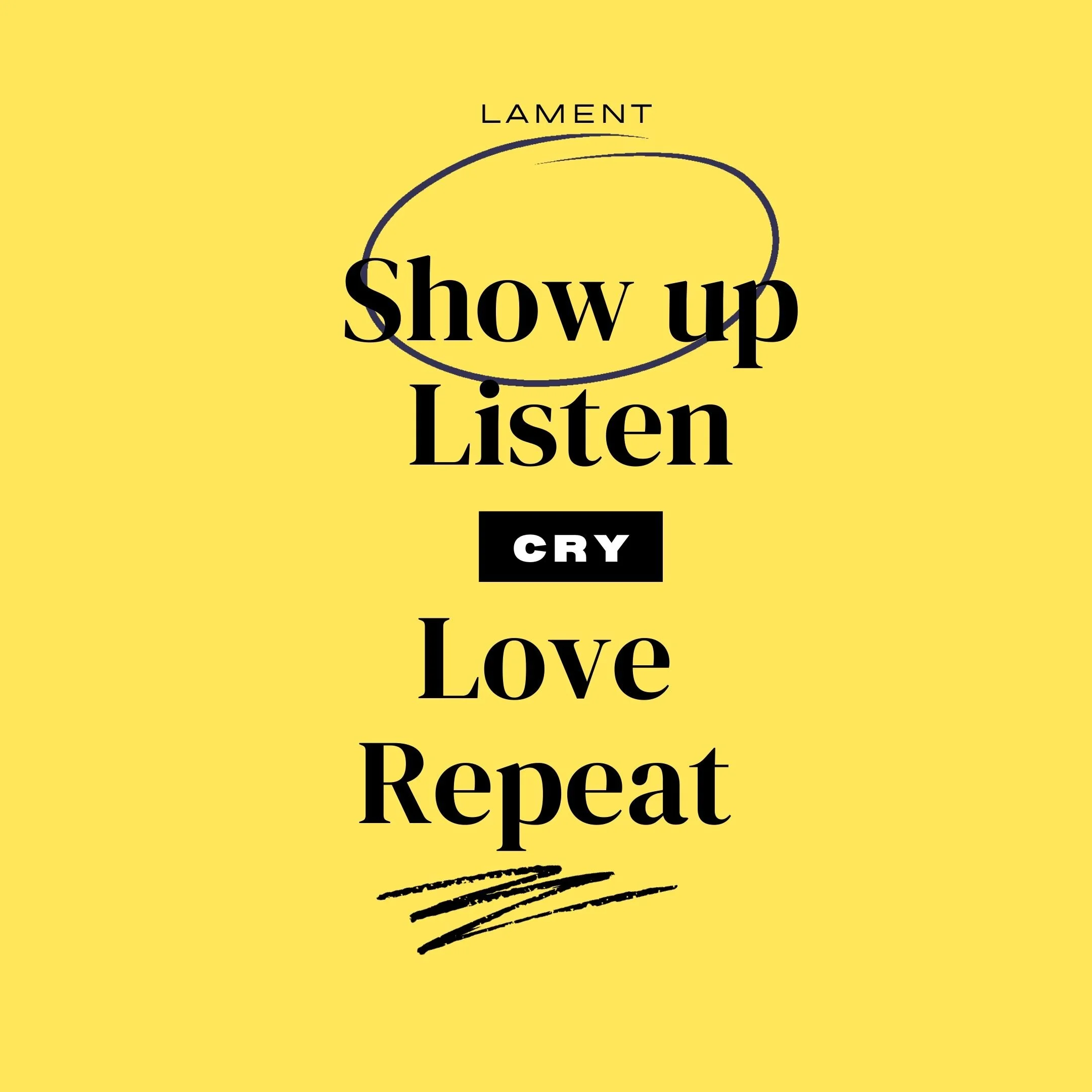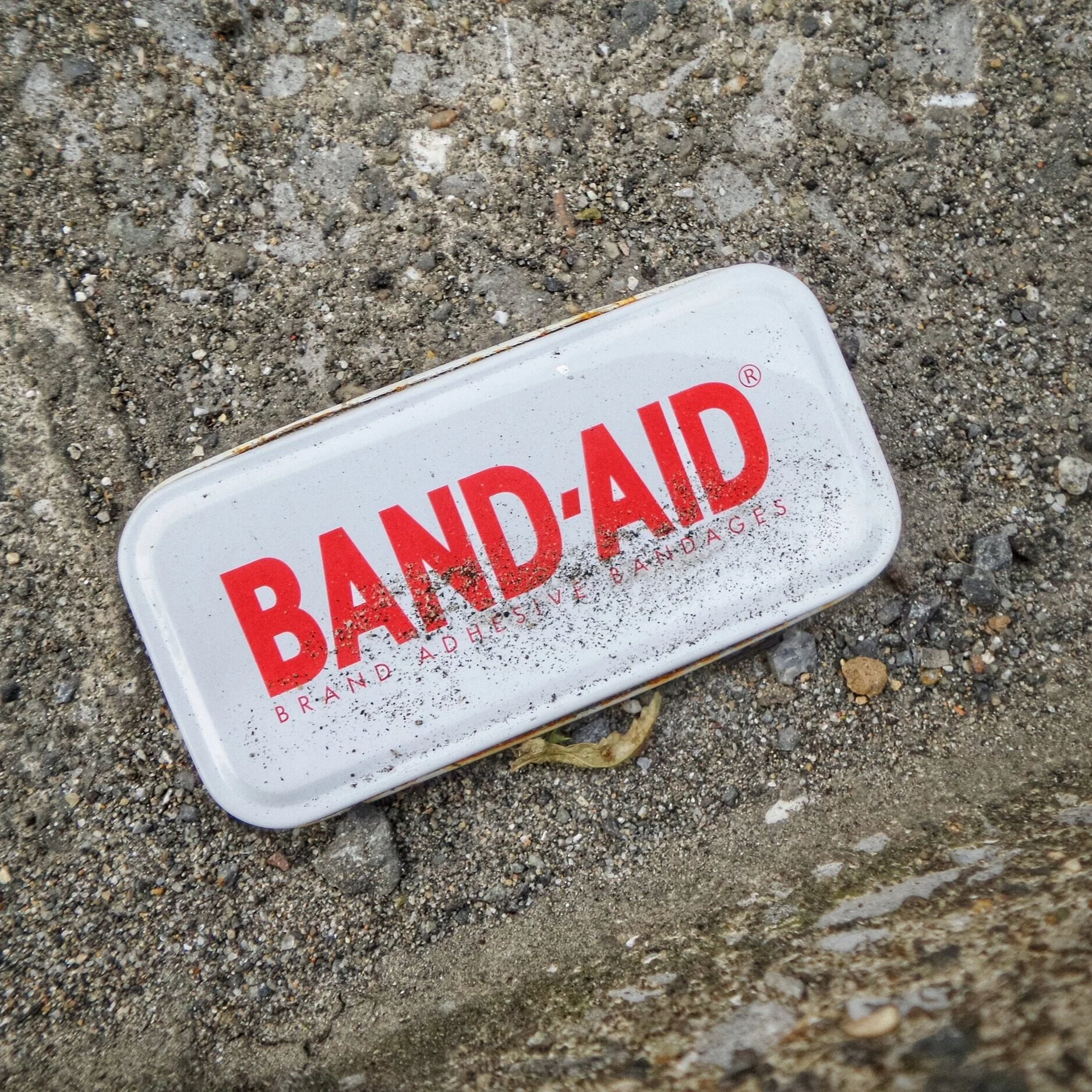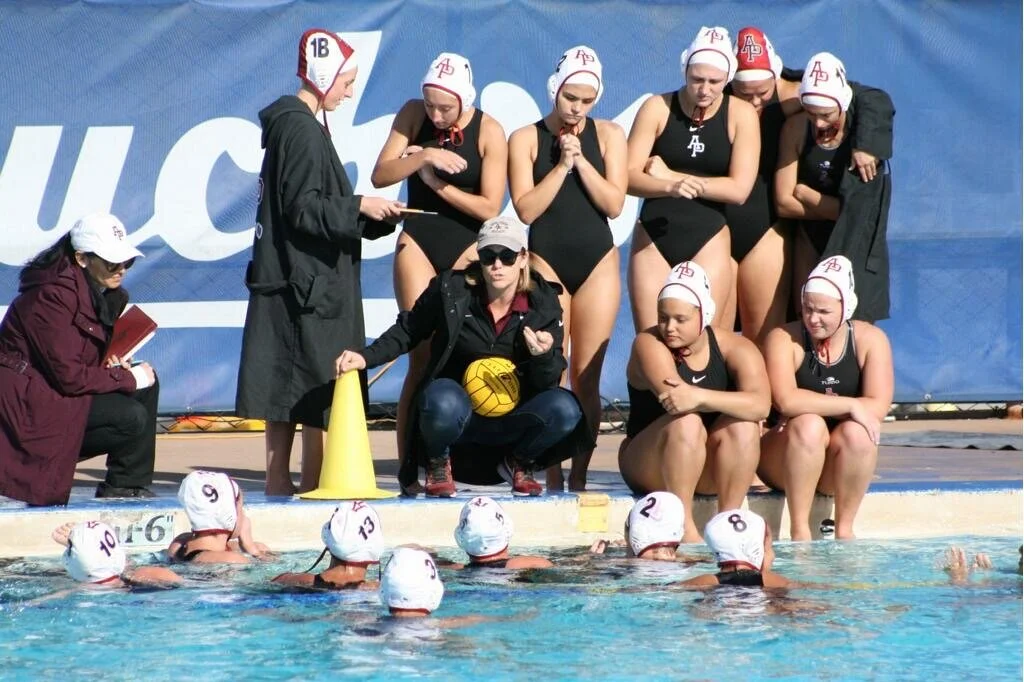Truth Bombs
/“The truth hurts” is a common phrase, and an accurate one too! But there are different types of “truth telling” and many different outcomes.
Sometimes we throw truth bombs at people, sometimes we drop them. But when we toss around truth like ammunition, we tend to endure a lot of shrapnel and return fire. The next thing we know, there is a large distance between two enemy lines with huge holes in the earth, smoke rising, divided by a chasm of desolation
I feel like this is the typical form of communication in the social media driven, self centered, proclamation based, culture I am living in.
Phrases like, “speak your truth” have been twisted from the well meaning personal growth reminders about finding your voice in a healthy way into phrases that give excuse or fuel to use hyper critical, ill-informed, or brash statements. But what is the alternative? What can we change?
We can choose a different kind of truth bomb. We can immerse ourselves in a truth bomb like a bath bomb. This is much different than the high flying, highly charged, often accusational “truth bombs” we are often used in media or in daily living. Have you seen these bath bombs? When you set them in the water, they begin to dissolve and bubble and spread throughout the entire bath. Before you know it, they disperse into every part of the water and the entire area is changed. These bombs are designed to be healing, restorative, and therapeutic.
Are you seeing the difference? Are you feeling the difference? Can you think back to a time when you received truth like a bath bomb? I know if I asked if you have received the ammunition style of truth bombs, you would likely be able to recall something within the past 24 hours, or even the last 24 minutes if you are on social media.
When I think of the difference between ammunition style truth and truth as a bath bomb, I think back to a fight my husband and I had years ago. To set the scene, we had recently become parents to all four of our kids. Our two youngests were in the infant stage, we were both in tense and chaotic seasons of work, and we were processing the big decision of whether or not we stay in California and start a church, or move across the country and learn what winter was. We were on our weekly date night, which, in honesty, probably held our marriage together more than we realized in this crazy season. That night, as in the weeks before, our date consisted of dinner at Rubios and a run to Target for family necessities for two infants and teenagers. Our conversation over dinner was good, but we were not seeing eye to eye. By the time we left target, we got in our car, and were about to drive home, when we pulled back into a parking spot to finish our fight. I don’t fully remember the details of what started the fight, but I remember my heart position during the fight. It was something like this: “I AM RIGHT! I don’t get him. He is wrong and he needs to hear me!” I was defensive, interrupting, eye rolling, and probably so much more. We were both yelling; the atmosphere was tense and loud.
Then he said something that stopped me dead in my tracks. I would say his words hung in the air, but they did the opposite, they cut to my heart- but not in the way I was used to in a fight. They were not attacking in the slightest. With a loud voice, but very uncommon tears welling up behind his eyes he said, “But can’t you see how this is hurting me?! ...Like how deeply what you are doing cuts into me?” I was no longer defensive. The man I love was deeply hurt and for the first time in that fight, I let myself see his pain.
Everything paused and slowed for the first time in the discussion, In a moment my heart melted, but not in a way that felt forced or manipulated, in a way of clarity. I opened my eyes not only to his hurt, but to my fault and my wrong doings in the matter. I stopped justifying and I looked at the gravity of my own actions, words, and choices.
After a moment of silence and a huge shift in my posture and tone, I said, “I am really, truly sorry…” The atmosphere in the care palpably changed. In an instant we moved from throwing truth grenades to sinking in a truth like a bath bomb. The ugliness of the fight and the impact of aggressive truth bombs were still there, we still had much work to do in apologies and reconciling after that moment to take back the ground we had just destroyed with all of those bombs, but we were able to move to a place where closing the gap was a possibility.
What was the difference? In looking back, it was truly all about posture and ultimate desire. While both our postures in the fight were aggressive and intense, Jeff’s posture shifted and was not attacking me but telling me how I was hurting me and he asked me if I could even see if I was hurting him. The truth was, I was so self consumed, I had NO CONCERN for him at all. Without him saying those exact words, that truth sank in deep.
His posture reached out to me, and instead of throwing a bomb back, my posture turned toward him.
How are we postured in truth telling or in truth receiving?
I am not always postured well to receive truth, and I don’t think I am alone in that. In order to posture ourselves well, we need to “Be completely humble and gentle; be patient, bearing with one another in love” (Ephesians 4:2, NIV) and that is not easy.
I firmly believe that the “truth will set you (and me) free” (John 8:32) and that there is actual tangible truth that we need to face about ourselves and the world we live in. Facing truth is not easy, it usually involves tension and pain on some level, but receiving truth can change EVERYTHING!
Good truth is a steady release that changes the environment over time, but it impacts EVERY part of a person. Poorly stated truth leaves a barren wasteland between enemy lines. We cannot control how people “speak truth” to us, but we can change how we speak truth to others and the posture we have in receiving any form of truth. Another common phrase that I have been learning how to live is, “how you say, what you say, is often more important than what you say.” Or better yet, “Let your speech always be gracious, seasoned with salt, so that you may know how you ought to answer each person” (Col 4:6, ESV).
I want to seek and speak truth, I know it will get uncomfortable, I know it may hurt, but when it is done well, I can see and feel a tangible difference wherever that truth touches. If we are constantly justifying hurting someone by saying, “Well it’s true!” Let’s take a good look at if we are throwing truth bombs to watch them explode, or if we are setting them in with care letting them sink in and permeate the heart.
If we are giving truth, it must be done with love and the benefit of the other in mind. If we are receiving truth, we must take a posture of humility. It is a difficult challenge, but it shows our maturity and gives a whole new understanding of Ephesians 4:15 when it says, “Instead, speaking the truth in love, we will grow to become in every respect the mature body of him who is the head, that is, Christ” (NIV).
Communicating in truth in love is hard- but let’s do this “hard thing” and start seeing a change in our families, communities, and even our country.















